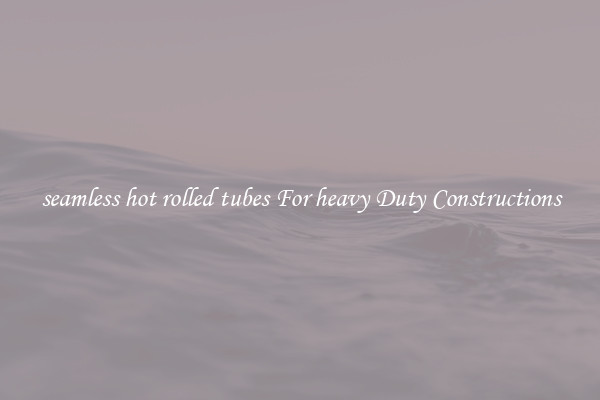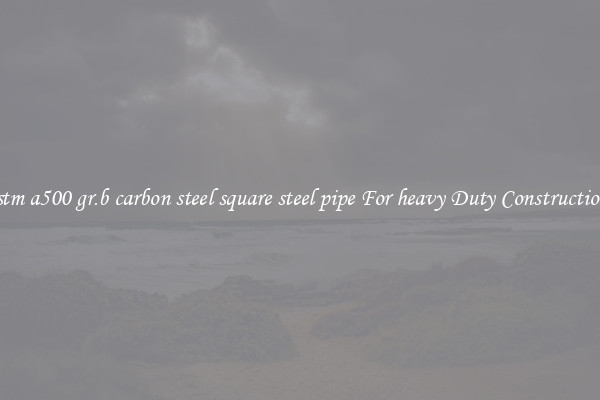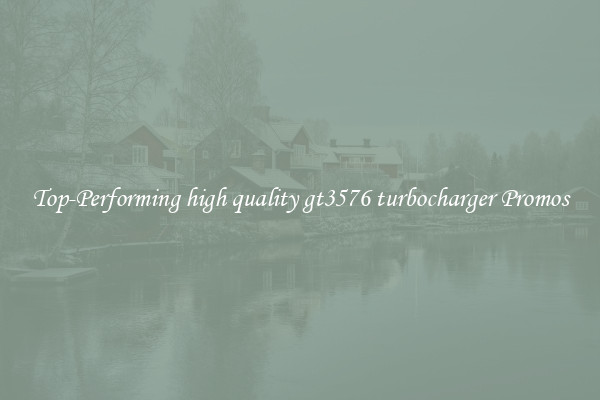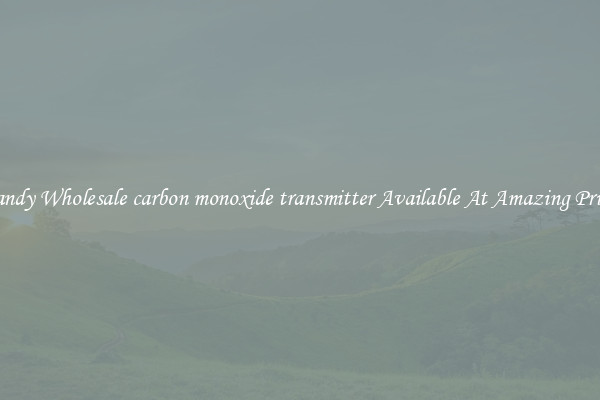Heavy-Duty Floating PipeDamage Resistant
Heavy-duty floating pipes are an essential component of many marine construction projects, providing a means to transport liquids, gases, or other materials over long distances. These floating pipes are designed to withstand harsh marine environments, including strong currents, high waves, and extreme weather conditions. One crucial aspect of these pipes is their damage resistance, ensuring they can safely transport materials without leaks or other issues.
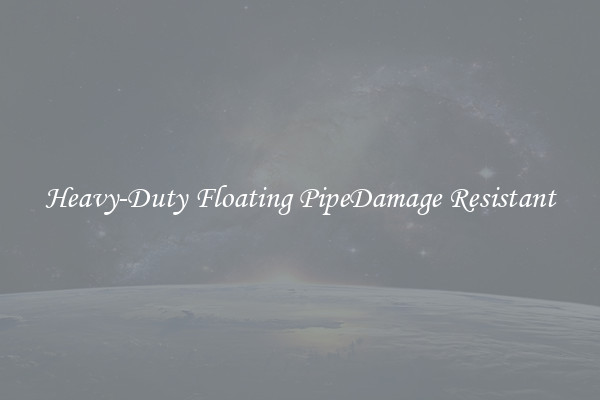
The construction of heavy-duty floating pipes involves the use of durable materials such as high-density polyethylene (HDPE) or steel, which are resistant to corrosion and abrasion. These materials are chosen for their strength and flexibility, allowing the pipes to bend and flex with the movement of the water without breaking. In addition, the pipes are often coated with protective coatings that provide further resistance to damage from UV rays, chemicals, and other environmental factors.
One of the key features that make heavy-duty floating pipes damage resistant is their design. These pipes are typically constructed with thick walls and reinforced with internal ribs or external frames to provide extra strength and stability. This design helps prevent the pipes from collapsing or deforming under the pressure of the material being transported. Additionally, special fittings and connections are used to ensure a tight seal, reducing the risk of leaks or spills.
In addition to their sturdy construction, heavy-duty floating pipes are also designed to be buoyant, allowing them to float on the water's surface. This buoyancy helps to reduce the stress on the pipes and prevents them from sinking or breaking under their own weight. The pipes are often equipped with floatation devices or foam inserts to maintain their position on the water and prevent them from drifting off course.
To further enhance their damage resistance, heavy-duty floating pipes are subjected to rigorous testing and quality control measures during production. These tests may include pressure testing, bending tests, and impact tests to ensure the pipes can withstand the forces they will encounter in the open water. Additionally, the pipes are inspected for defects and imperfections before being shipped out for installation, ensuring they meet the highest standards for reliability and performance.
Overall, heavy-duty floating pipes are an essential component of marine construction projects, providing a reliable and efficient means of transporting materials over long distances. Their damage-resistant design and construction make them a durable and long-lasting solution for challenging marine environments, ensuring they can withstand the rigors of the sea and deliver materials safely and efficiently.

View details

View details

View details

View details
